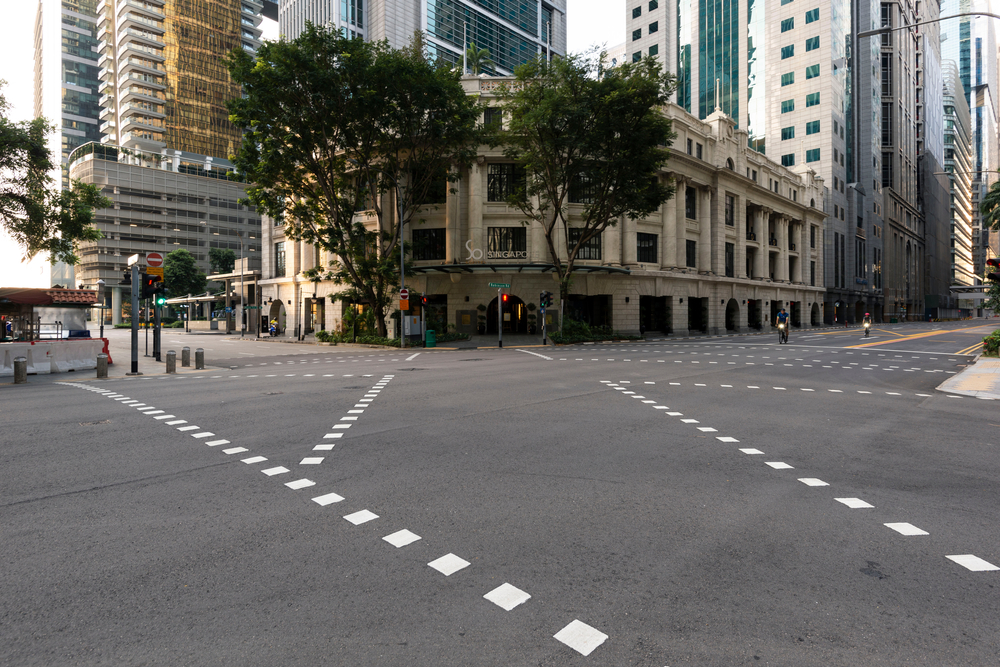Impact of COVID-19 on economy urges Monetary Authority of Singapore to ease monetary policy
As well as reduce the midpoint of the policy band, which only last occurred in 2009 during the global financial crisis

According to PropertyGuru Singapore, the Monetary Authority of Singapore (MAS) has decided to ease its monetary policy by lowering the slope of the Singapore dollar policy band to a zero rate of appreciation as the COVID-19 pandemic continue to disrupt the economy.
MAS revealed that they did keep the width of the policy band the same, but they have resorted to reducing the midpoint of the policy band, which only last happened in 2009 during the global financial crisis.
Other central banks typically control the monetary policy via interest rates, but MAS does it through exchange rate settings so the Singdollar can descent or ascent against the currencies of its primary trading partners within the Singdollar nominal effective exchange rate (S$NEER), an undisclosed policy band.
MAS enables the local currency to depreciate or appreciate against the basket of currencies as long as it remains in the band and only interferes when absolutely necessary.
With a more lenient monetary policy, the local currency will appreciate at a slower pace compared to other currencies.
Meanwhile, the rate of inflation will also slow even though there will be an increase in prices for some imported items caused by the supply chain delay amid the outbreak. For this reason, MAS reduced its prediction for overall inflation to zero percent and for core inflation to –1 percent.
The central bank also revealed that the S$NEER depreciated to moderately below the midpoint level of the policy band because of the downturn in macroeconomic conditions and presumption of a weaker outlook.
Recommended
Why everyone is moving to Selangor and Johor: Malaysia’s real estate comeback
Malaysia’s upturn in fortunes is especially prevalent in secondary destinations such as Selangor and Johor
Penang’s silicon boom: How the US-China tech war is supercharging local real estate
Penang’s booming semiconductor industry has created ripples within the local real estate sector
New leader, new opportunities: How Hun Manet is shaking up Cambodia’s real estate game
Hun Manet is overseeing decent economic growth and widening access to the country’s real estate market for foreigners
Singapore embraces inclusive housing reforms amid resilient demand
The Lion City’s regulatory strength continues to exert appeal for international investors








